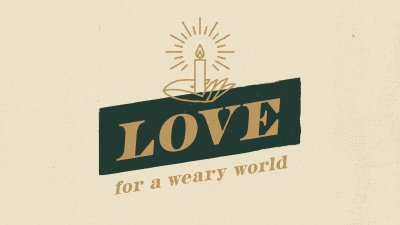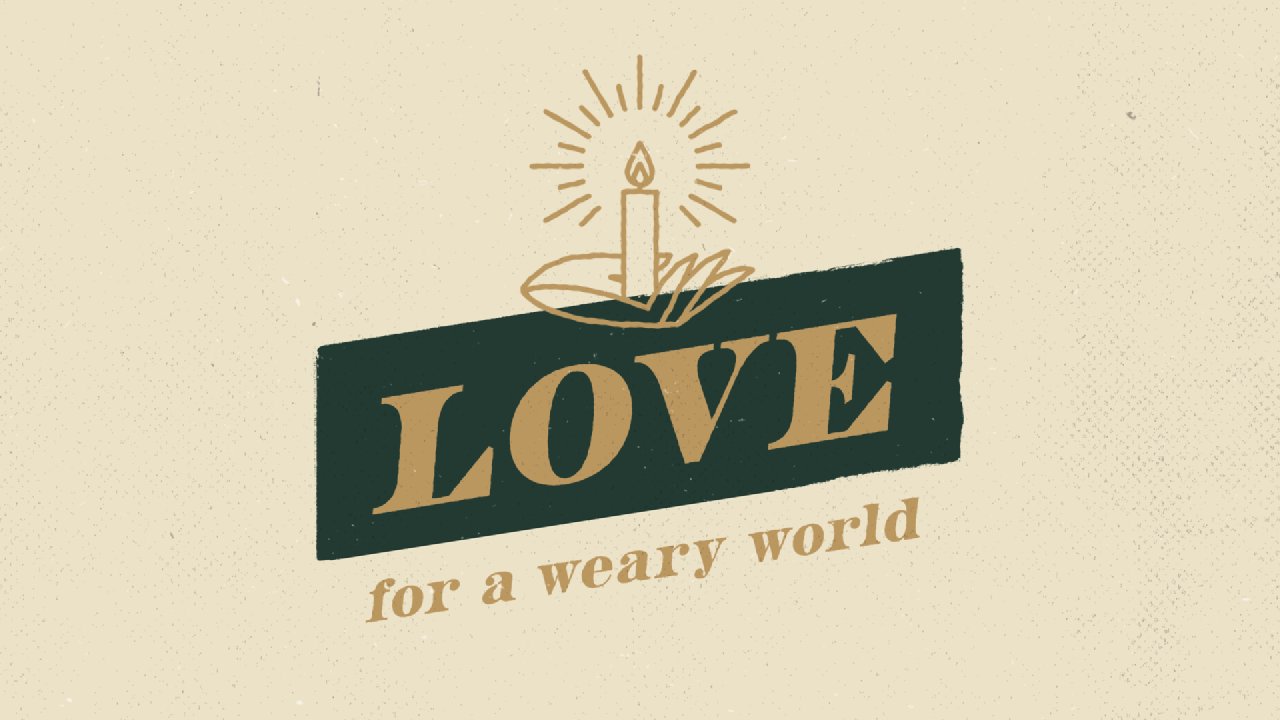The Hebrew Bible records the history of God’s people repeatedly neglecting the greatest commandment to love God and others. How can we hope to do any better? Jesus helps us when he adds a new commandment to accompany the greatest commandment. His new command shows how his own sacrificial love can empower his followers to love others.
READ
34 A new commandment I give to you, that you love one another: just as I have loved you, you also are to love one another.
John 13:34
29 Jesus answered, “The most important is, ‘Hear, O Israel: The Lord our God, the Lord is one. 30 And you shall love the Lord your God with all your heart and with all your soul and with all your mind and with all your strength.’ 31 The second is this: ‘You shall love your neighbor as yourself.’ There is no other commandment greater than these.”
Mark 12:29-31
9 In this the love of God was made manifest among us, that God sent his only Son into the world, so that we might live through him. 10 In this is love, not that we have loved God but that he loved us and sent his Son to be the propitiation for our sins. 11 Beloved, if God so loved us, we also ought to love one another.
1 John 4:9-11
REFLECT
-Compare John 13:34 with Mark 12:29-31. What is the difference between these two commands? How does Jesus’ own example renew/fulfill the greatest command?
-Review 1 John 4:9-11. What words or phrases stand out to you? According to this passage, why did Jesus give his life, and what should motivate our love for others?
-Take a moment to pray in response to what you learned today.

Day 24
Day 22 - LOVE video intro
The word “love” is one of the sloppiest words in our language, as it primarily refers to a feeling that happens to a person. In the New Testament, “love” refers to a way of treating people that was defined by Jesus himself: seeking the well-being of others regardless of their response. READ 11 Beloved, if God so loved us, we also ought to love one another. 1 John 4:11


Day 23
When Jesus is asked about the most important command in the Old Testament, the Hebrew Bible, he answers by quoting from the ancient prayer known as the Shema, “love the Lord your God with all of your heart.” But that’s not all. Jesus quickly follows up by saying that another command from the Hebrew Bible is also the most important, “love your neighbor as yourself.” So which is most important? For Jesus, both are vital because the first command cannot be obeyed without heeding the second. They are inseparable. A person’s love for God is expressed by their love for others. READ 29 Jesus answered, “The most important is, ‘Hear, O Israel: The Lord our God, the Lord is one. 30 And you shall love the Lord your God with all your heart and with all your soul and with all your mind and with all your strength.’ 31 The second is this: ‘You shall love your neighbor as yourself.’ There is no other commandment greater than these.” Mark 12:29-31 5 You shall love the LORD your God with all your heart and with all your soul and with all your might. Deuteronomy 6:5 18 You shall not take vengeance or bear a grudge against the sons of your own people, but you shall love your neighbor as yourself: I am the LORD. Leviticus 19:18 REFLECT -Pay attention to what Jesus says after quoting from the Hebrew Bible. What questions, thoughts, or feelings come up for you as you reflect on his words? -Review the passages from Deuteronomy and Leviticus. What do you observe? How does this impact you today? -Turn your reflections into a prayer to God from your heart.


Day 25
The God of the Bible doesn’t just express love, he is love. As a triune God, Father, Son, and Spirit, he has always been and always will be an others-centered, self-giving, communal being. Love is not just one of his attributes. Love is the very nature of who he is. Jesus, the Son, fully embodies the love of God and demonstrates it most clearly when he gives his life on behalf of humanity. When people learn to trust Jesus’ love for them, they join in God’s community of love, and their very nature is transformed to love others with him. READ 8 Anyone who does not love does not know God, because God is love. 1 John 4:8 16 So we have come to know and to believe the love that God has for us. God is love, and whoever abides in love abides in God, and God abides in him. 1 John 4:16 16 By this we know love, that he laid down his life for us, and we ought to lay down our lives for the brothers. 1 John 3:16 9 As the Father has loved me, so have I loved you. Abide in my love. 10 If you keep my commandments, you will abide in my love, just as I have kept my Father’s commandments and abide in his love. 11 These things I have spoken to you, that my joy may be in you, and that your joy may be full. 12 “This is my commandment, that you love one another as I have loved you. 13 Greater love has no one than this, that someone lay down his life for his friends. John 15:9-13 REFLECT -Review 1 John 4:16. Have you learned to trust that God truly loves you? -If so, describe your experience of receiving his love. What has changed in your life since you began to fully trust that God loves you? How can you share his love with someone today? -If not, describe how you have struggled to receive God’s love for you. What do you think would change in your life if you fully trusted that God loves you? -Review John 15:9. How much do you think God loves Jesus? Reflect on the idea that Jesus loves you just as much. What questions, thoughts, or feelings come up? -Jesus compared his love to a place that you can live or “abide” in. To truly live somewhere, you first must move in, unpack, learn the space and how to operate comfortably in it. What else do you do when you live somewhere? How can this compare to what it’s like to trust in Jesus’ love for you? -Let your reading and reflection prompt a prayer. Talk to God about how his love amazes you, be honest about how you struggle to receive it, and ask for what you need to trust his love for you today.


